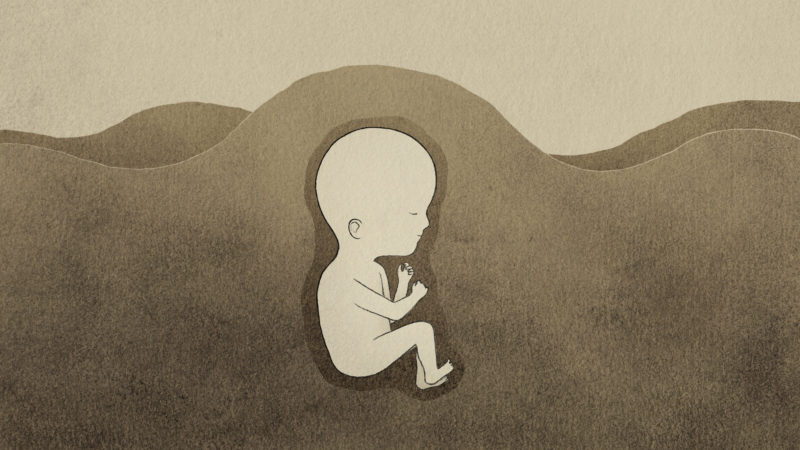Listen:
more than the men, even. The ones who looked
like I looked. Who called my name in a voice
I could not identify from my own on recordings.
The women who wore my cheekbones, who when
they wanted to shake their younger, stupider selves,
saw my smaller body, always X years behind. X sizes
smaller. X less. When solved for, I was the variable
named accident. The second sister, the child ticcing
through the countdown of an explosive device,
echoing down the oceanic tiles of the school hall.
I was the engine of the chainsaw stalling. The ghost
who splintered the cupboards, who buried the silver
eel of the knife into the floor. I covered the rooms
in a seamless cloud of flour, opened the front door
to the night as we slept. There was no word
in the languages I knew for the species of help
I needed, so I dug a hole and buried the house
keys in the garden, fed necklaces into the hollows
of trees. I was the one who knocked from inside
the ceiling, who chewed the garlands
of red and blue plastic behind the walls
down to each wire spine. I was the silent fire
detector, the dead batteries chirping like a toy bird.
The one who is never named. When summoned,
I shattered the lamps, cracked the glass covering
the faces inside the picture frames.
To repeat is to make strange, make what happened
smaller, farther away. It was the women
who laughed, who asked what else I thought
would happen. The women who told me they knew
what I would do. That I had to come back.
The women inside the fascia and bone I lived in, who
doubled, then multiplied, copied my features over and over
the landscape until even a thick blanket of snow
was the milk-blue pale of the skin that shielded us all
in false innocence. How the red rose over years. An infant
will be drawn to the adult with large eyes,
the proportions of another newborn. I remember
the faded blue frantic, darting like a bird wrapped the soft brine
of ocean air, caught in the red netting my grandmother’s eyes.
That morning on the staircase when I was, I think, five.
She clutched a tumbler of orange juice, cried that he needed
sugar. It is strange, what children will remember
and not remember. Did I look, then, from behind
my mother’s thigh. Did she need to see him bluing, his thick
stillness in the rental house bed, too. What is the difference
between the remembered and the imagined, between
wanting and action. I remember how long it took to name, to own
the thick bulb of joy pressing against my breastbone,
the tender thirsting rootlets, the invisible tendrils
that fractured and strangled, suckled the bright blood out of
the women I come from, and then broke into bloom.
